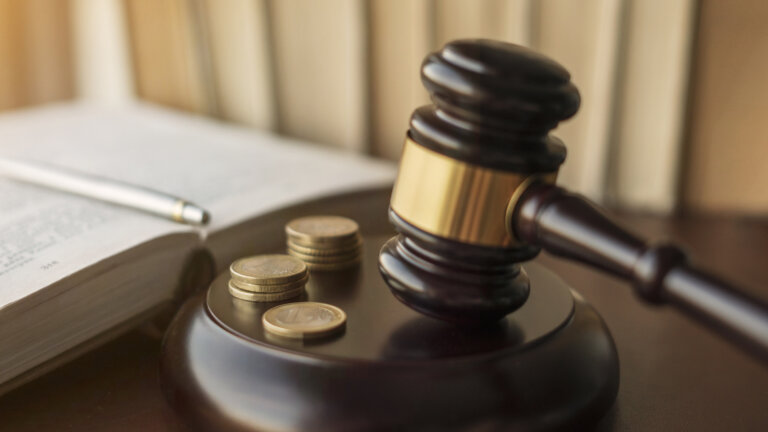Are you behind in paying your mortgage payments? If so, you may be considering a mortgage modification to stop foreclosure. However, a loan modification could take time, and the foreclosure process will continue. A Florida bankruptcy attorney can help you file Chapter 13 to stop the foreclosure process. Keep reading to learn about the impact of bankruptcy on mortgage modifications and how filing for bankruptcy might help you obtain approval for a mortgage modification.
What Is a Mortgage Modification?
When you purchased your home, you signed a loan agreement and mortgage. The loan agreement states the loan terms, and the mortgage is a lien against your home to secure the loan. Mortgage loan modifications change the terms of the loan.
For example, a loan modification could reduce the interest rate or put the missed payments at the end of the loan. A modification may extend the term of the loan, which could reduce the monthly payments. In rare cases, a lender might reduce the amount owed on the loan.
Lenders are not required to modify mortgage terms. You must request a mortgage modification and work with your lender to provide the requested information and documentation for the lender to review. Whether to approve the modification is entirely at the lender’s discretion, as are the terms for the loan modification.
How Does Bankruptcy Impact Mortgage Modifications in Florida?
Even though you file a Chapter 13 bankruptcy, you can apply for a mortgage modification. You must contact your mortgage company to discuss modifying the terms of the loan. Filing for bankruptcy has several advantages during the loan modification process.
The lender cannot pursue collection actions once you file for bankruptcy. Therefore, you do not need to worry about foreclosure. The bankruptcy filing gets the lender’s attention. The lender realizes if you cannot complete the Chapter 13 plan, it may end up with a house that it must sell to recover its money. Mortgage companies do not want your house. They only want your mortgage payments.
When you file a Chapter 13 case, you include your unsecured debts in the bankruptcy plan. Generally, debtors pay a percentage of their unsecured debts during the bankruptcy. The remaining balances owed to the unsecured creditors are discharged when they complete their bankruptcy plan. Therefore, you are better positioned to continue paying your mortgage on time. Modifying the loan terms may help you complete your bankruptcy case successfully.
You Must Obtain Court Approval to Modify a Mortgage in Bankruptcy
If your mortgage company agrees to a loan modification, your bankruptcy lawyer must file a petition with the bankruptcy court. The petition includes all information related to the mortgage modification. If the court finds the modification to be fair, it should grant your petition.
What Happens if My Mortgage Modifications Is Denied During Bankruptcy?
If your mortgage lender denies your request for a loan modification, you can continue your Chapter 13 case. The Chapter 13 plan pays the past due mortgage payments, so you are current with the loan when you exit bankruptcy.
Learn More During a Consultation With Our Florida Bankruptcy Attorney
Filing bankruptcy can help save your home and protect your other assets. Call The Law Offices of Jeffrey A. Herzog, P.A., to discuss your situation and get answers to bankruptcy questions.

